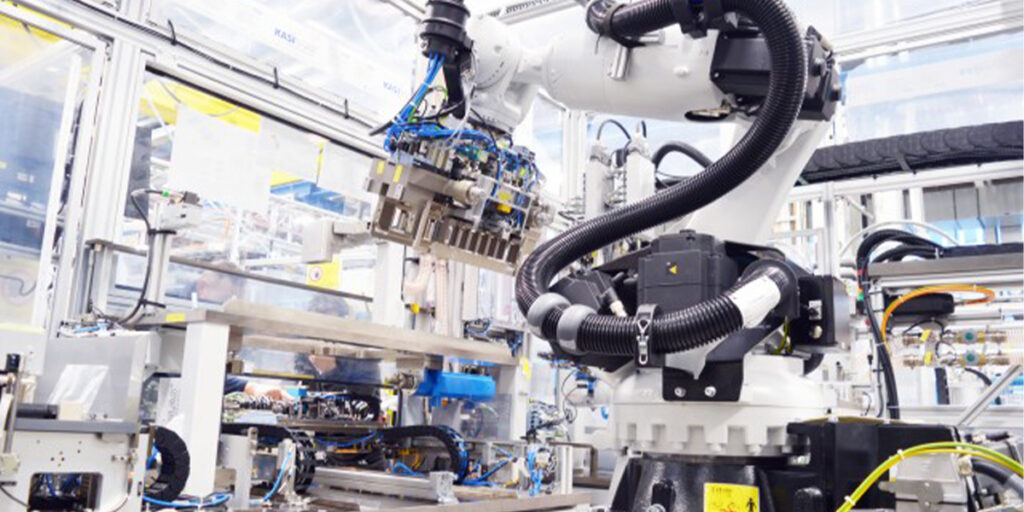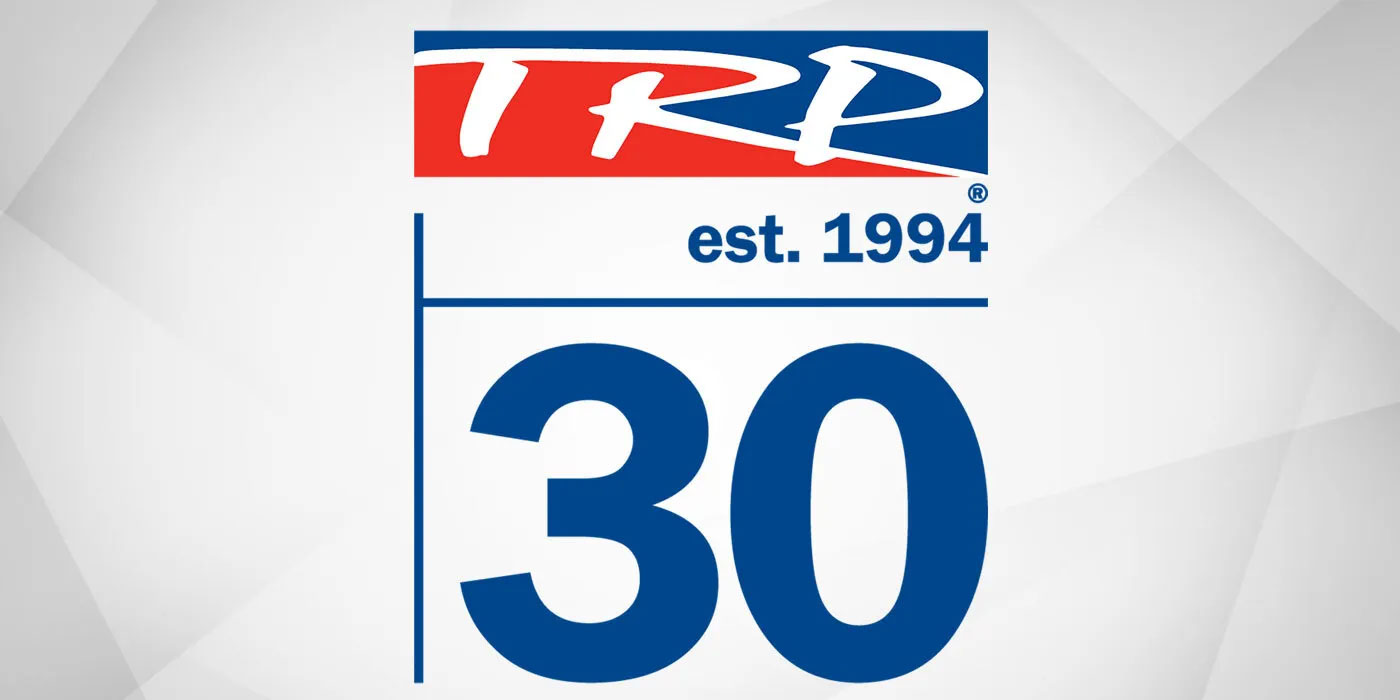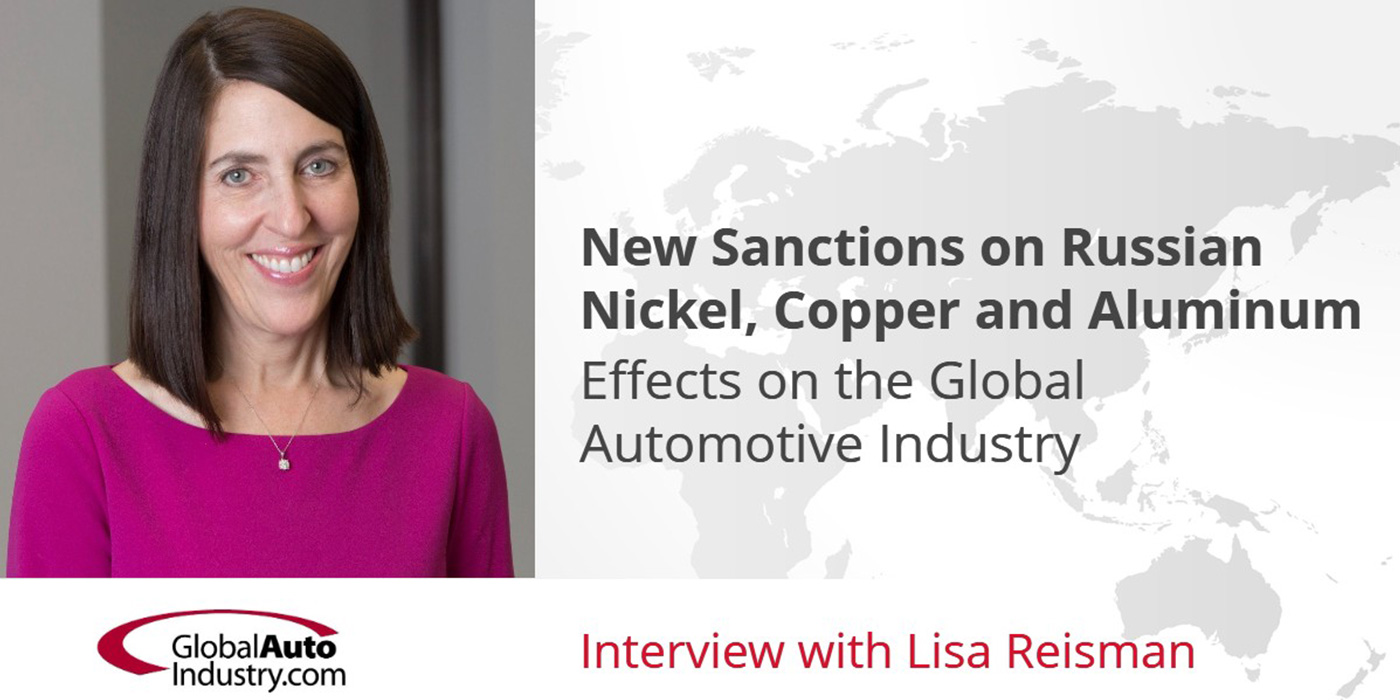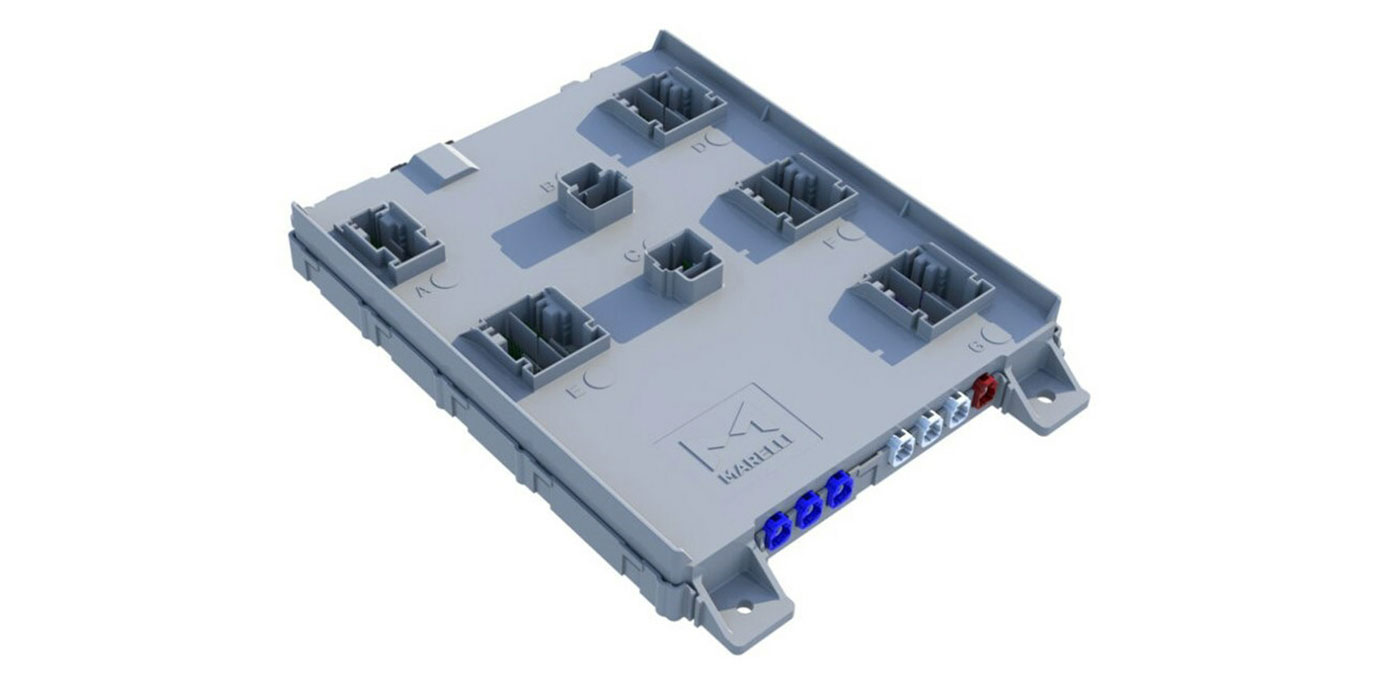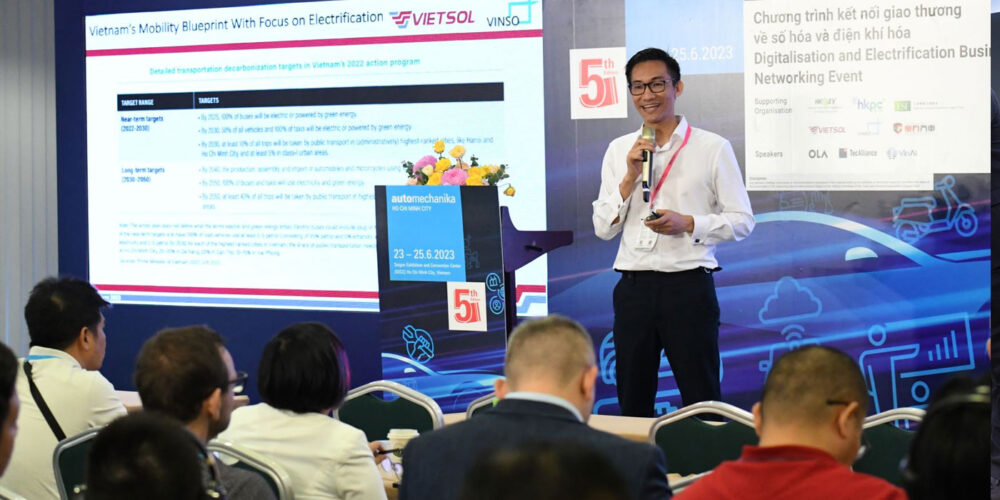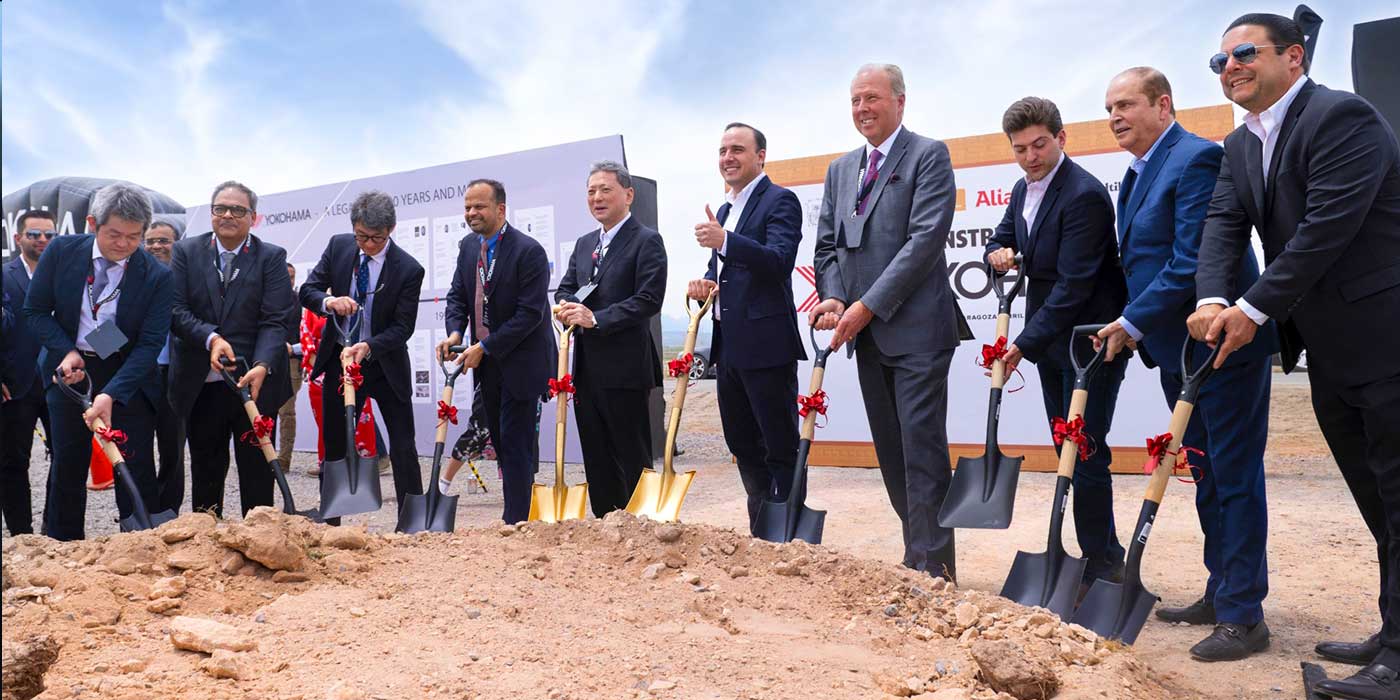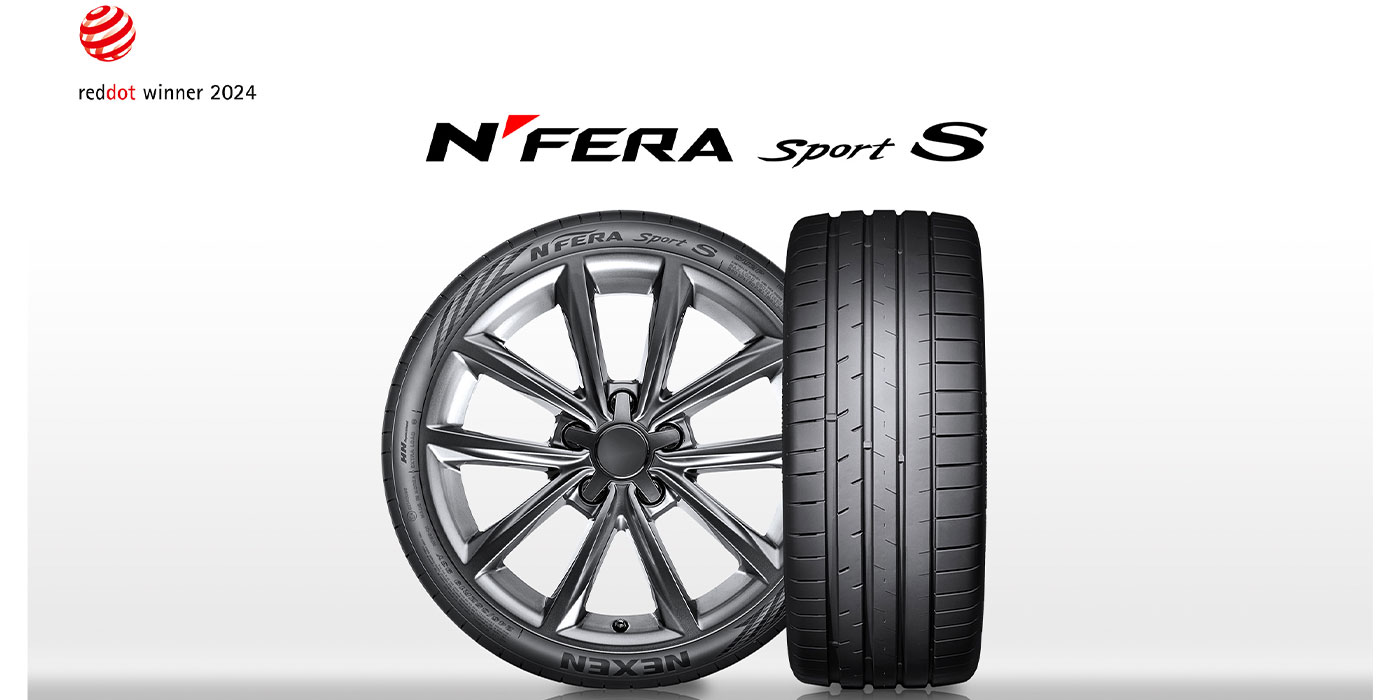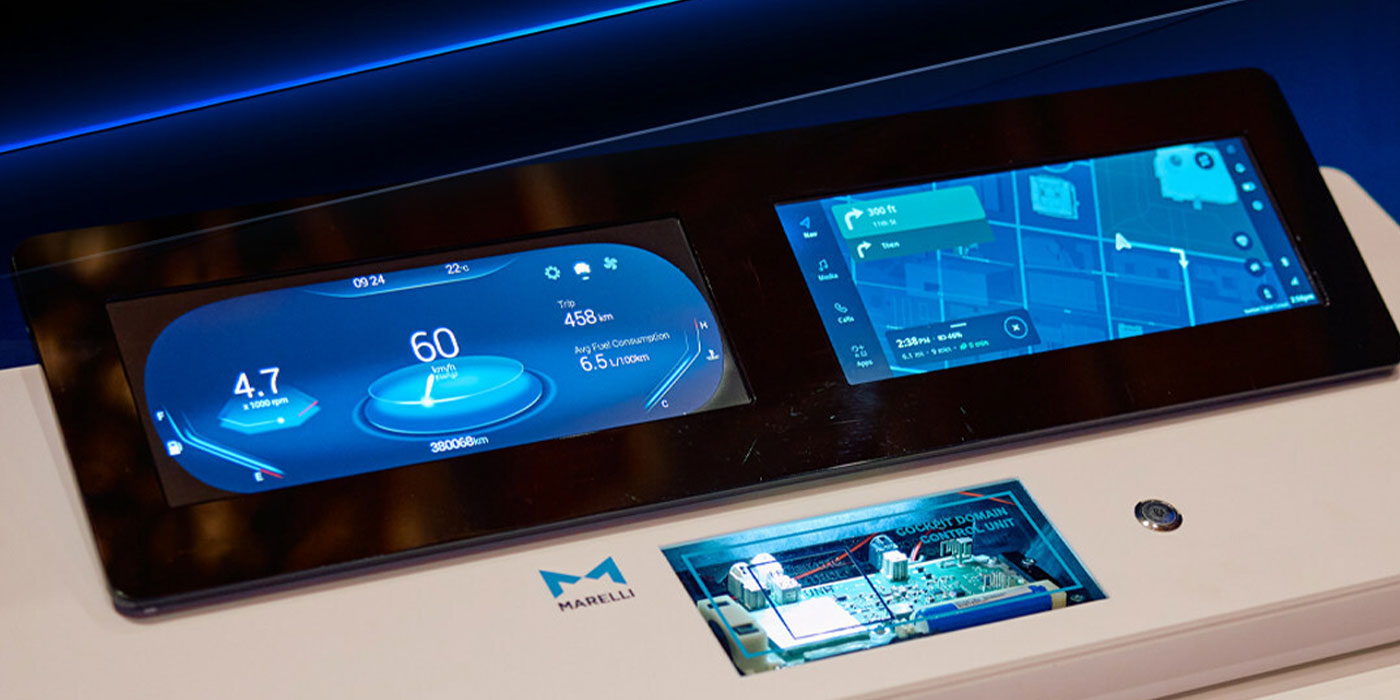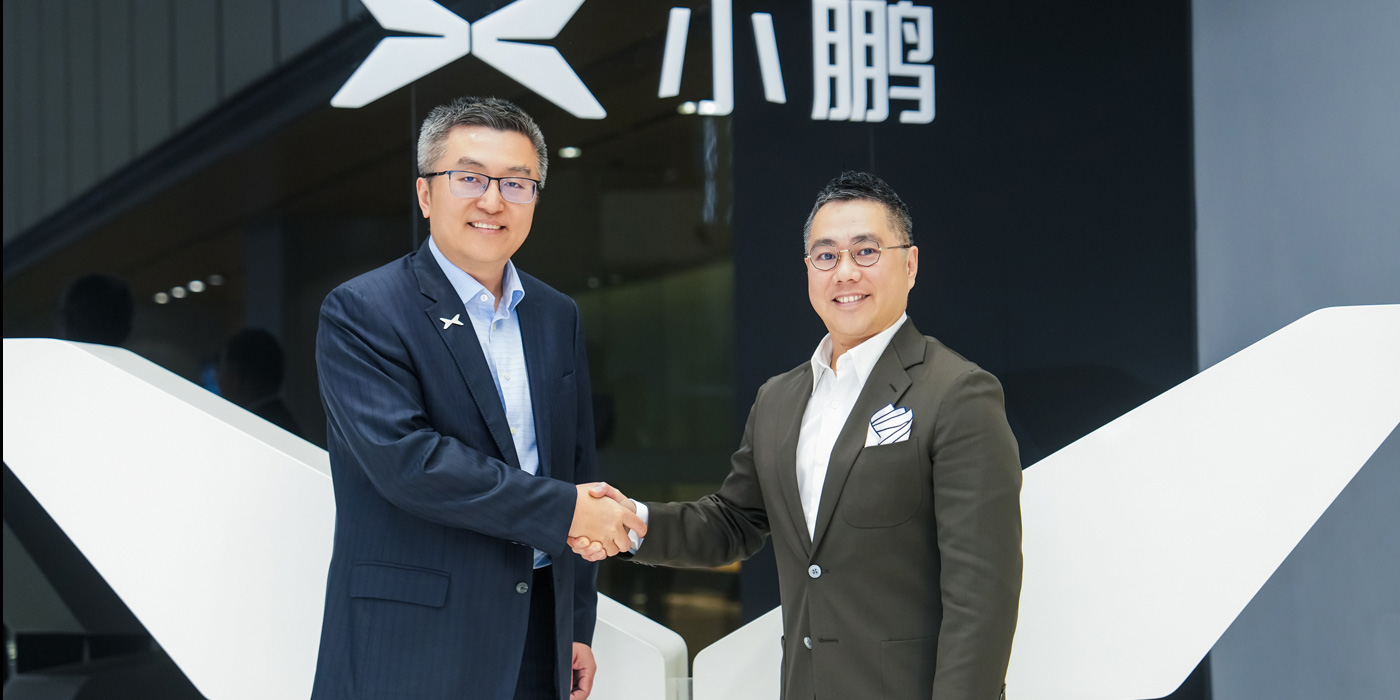Bosch is pooling its mechanical engineering expertise and offering companies factory equipment for battery production from a single source – ranging from individual components and software solutions to complete assembly lines. One of its pilot customers is Webasto, which is equipping its battery factories with Bosch technology.
“We know batteries like the back of our hand, as well as how they have to be manufactured,” said Rolf Najork, member of the Bosch board of management responsible for industrial technology. In entering this business, Bosch aims to increase vertical integration in mechanical engineering and, by 2025, to generate annual sales of some 250 million euros (about $293 million USD) with equipment for battery production. Bosch also uses its production know-how in its own plants: at its plant in Eisenach, Germany, Bosch is now launching full-scale production of second-generation 48-volt batteries. The company is investing some 70 million euros this year in expanding local manufacturing operations.
Battery Market Grows Up To 25 Percent Annually
The market is huge: experts predict that demand for lithium-ion batteries will rise from around 200 GWh in 2019 to more than 2,000 GWh by 2030 (source: BMWi, 2021). Currently, more than 60 percent of that demand stems from electromobility (source: VDMA, 2020). Bosch offers a portfolio of solutions ranging from 48-volt mild hybridization to fully electric drives and fuel cells. The company has experience in developing batteries for vehicles as well as for e-bikes, power tools and kitchen appliances, and has extensive manufacturing expertise. Bosch intends to use this know-how to meet the growing demand. “Our assumption is that the global battery market will grow up to 25 percent each year. Bosch is doing its part to meet this demand,” Najork said.
Webasto Battery Production Relies On Bosch Technology
Webasto is a pioneer in the production of battery packs. The company has been involved in the field of electromobility since 2016 and, in addition to high-voltage heaters and recharging solutions, also focuses on battery systems for electrified vehicles. Battery production at Webasto’s plant in Schierling, Germany, serves as a blueprint for new production facilities like the one in Dangjin, Korea. Bosch’s role is to supply automated assembly lines for welding and gluing the battery cells. For this purpose, the various functions of module production are combined: cell cleaning with incoming inspection, the stacking process as well as a special laser-welding process, and end-of-line inspection for quality assurance. Thanks to a sophisticated line concept, no particle contamination occurs during processing. Robots automatically assemble the cell stacks in a two-step procedure consisting of dispensing technology and laser welding. With a comprehensive safety concept, it is then possible to establish the battery module’s electrical connection using a highly dynamic and precise laser-welding process.
Bosch Plants Demonstrate Impressive Battery Know-How
Bosch believes its industrial technology is the way forward in its own plants as well. The company’s Eisenach plant produces 48-volt batteries for the hybridization of passenger cars. In vehicles with combustion engines, such batteries ensure lower emissions, especially in cities, and reduce fuel consumption and CO2 emissions by up to 15 percent. The second generation is now going into large-scale production at Eisenach. During production, more than 90 components pass through over 100 process steps. Electric “tailwind” for bicycles comes from Hungary: since 2015, the Bosch plant in Miskolc has been manufacturing high-performance e-bike batteries that feature an extended range and a long service life. Before the batteries, together with the drive and display, can be combined to form a perfectly synced e-bike system, the manufacturing process has to go through roughly 20 stages. These include incoming inspection for the cells, module and pack assembly, and battery management system integration. Fully automated local production ensures high quality standards, maximum battery safety, and stable supply chains for e-bike manufacturers. Bosch will be presenting its solutions for electromobility at IAA Mobility in Munich (Sept. 7-12).
Bosch Offers Manufacturers A Full Range Of Services
Bosch serves both as a general contractor for factory construction and as a supplier of individual components and software solutions. “As a leading IoT company and successful machine manufacturer, we offer the opportunity to customize the factory of the future,” Najork said. Bosch develops equipment, machinery, hardware and software for manufacturing battery modules and packs that are built from cylindrical, prismatic, or pouch cells and used in electric vehicles. Tightening, welding and gluing processes are used to firmly connect the cells to each other. Depending on requirements, Bosch can supply either partially or fully automated lines. Drive and control technologies, intelligently designed manual workstations, manufacturing execution systems (MES) for production scheduling, and software for connecting machines and systems are also part of the company’s portfolio.

